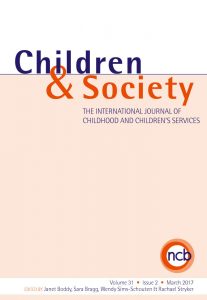"Dirty Pretty Thing"
[youtube=http://www.youtube.com/watch?v=wKx1aenJK08]
What happens when the internet, a supposed open space for free speech and expression, is censored by government authorities? Early this year, the Chinese government initialized a policy focusing particularly on the “repair of internet integrity,” which basically means “anti-obscenity.” The policy aimed to break down and cast off all online websites and web pages containing contents against the Chinese government’s principle of “harmony and peace.” Under the policy, over 2000 websites and blogs are blocked and forced to close down due to “filthy and obscene” contents. The goal of combating internet obscenity is to create a “clean” and “healthy” cyber environment for adolescents and children. Because of ambiguous interpretations for what constitutes “obscenity,” many sites that are blocked are not related to porn or online sexual activities. Phrases related to menses, sexual organs, and especially swear and curse words are also targets of “cleansing.” Not surprisingly, this policy aroused a wave of opposing voices advocating for the freedom of speech and human rights within China.
The child’s song, “grass-mud horse,” is a reaction towards the policy, pointing out the absurdity of this governmental act. While the written characters are entirely innocent and “clean,” the pronunciation and connotations of the lyrics are extremely dirty and obscene. According to strong programs within the field of sociology, interpretations of how social actors perceive and create meaning are the keys to understand social activities. The “grass-mud horse” song presents the cracks between meaning interpretations of different social groups and social sectors. While sometimes the differences in meaning interpretation and perception would result in misunderstanding among social groups, they may also serve as tools for social and cultural empowerment. These cracks between meaning interpretation could create liminal spaces where actors in the public sphere could find resource and agency while encountering unequal power relations. Tactful manipulations of symbols help actors swim through the crack between meaning structures and thus create texts and scripts which inform their own activities and identities. Through the internet, actors are able to create spaces where alternative meaning making activities are able to take place in public discussion, forming a counter discourse which subverts the dominant narrative with its own rules.
The “grass-mud horse” song is not only a playful ridicule against confining policies, it also shows how social actors are able to activate their agency through meaning making with the use of the internet. (for more information on the “grass-mud horse” song, please refer to the New Yorks Times article below.)
New Yorks Times: A dirty pun tweaks China’s online censors
From Culture to Connection





What a great example of agency in spite of censorship, and also the recreation of meaning.
Keri